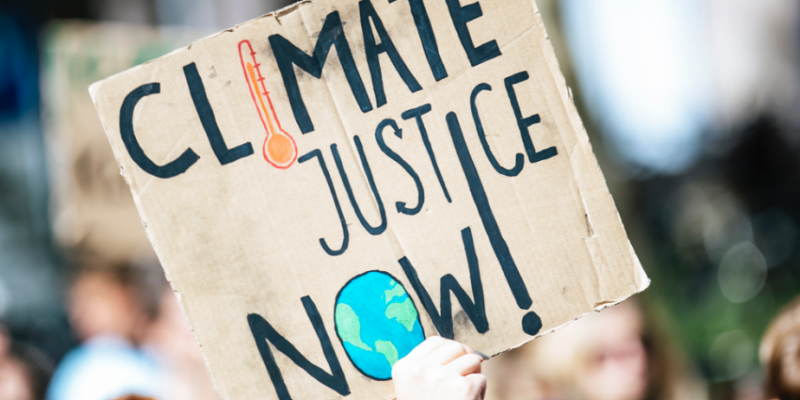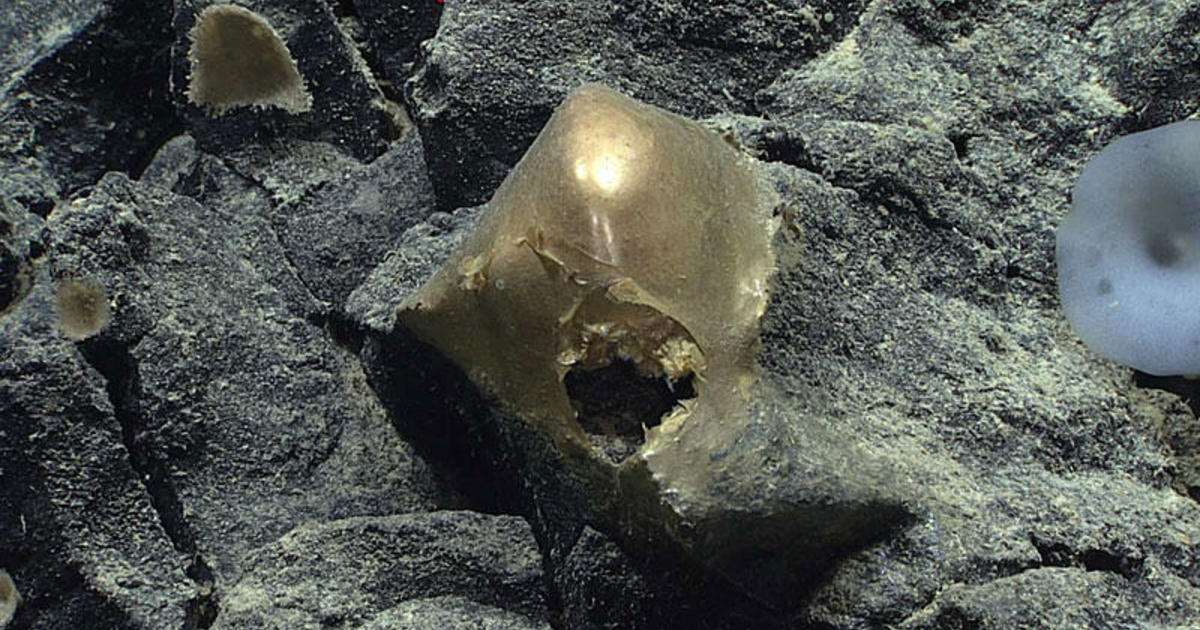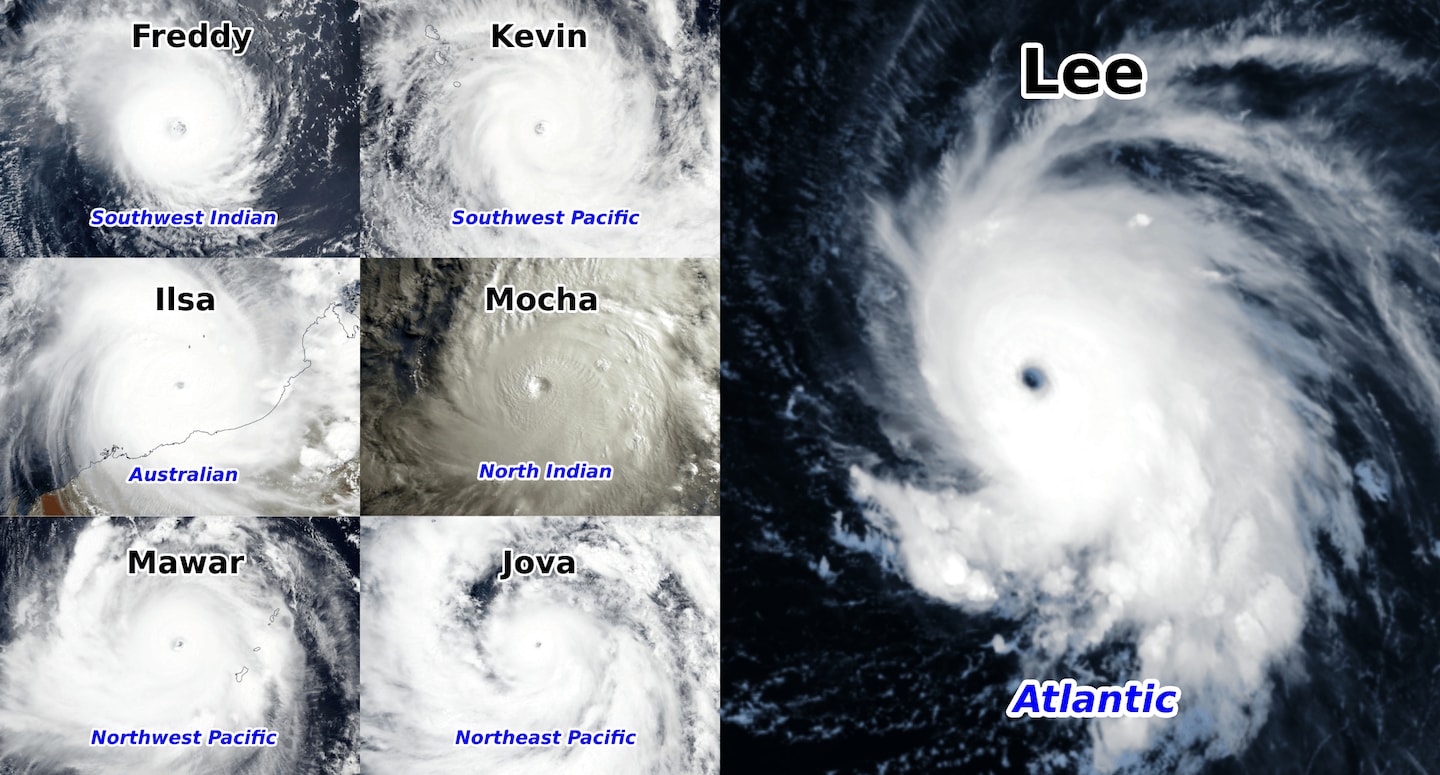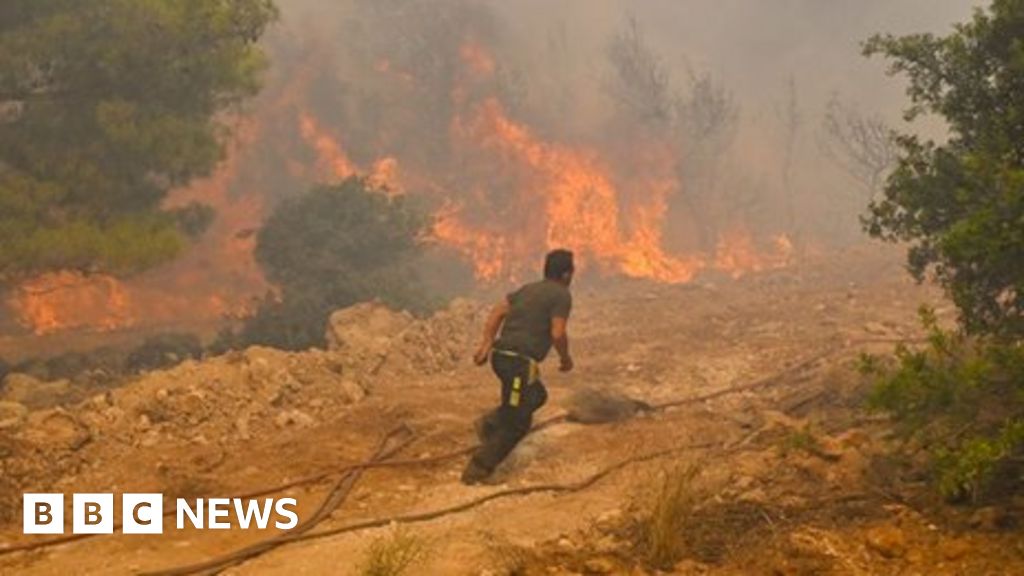New Delhi: If rich countries have their way with the loss and damage fund, India could be deprived of any benefits from the global fund raised to fight climate change. Developing countries, including Pakistan and India, have opposed this initiative from developed countries.
Disagreements have led to heated debates e the third meeting of the technical committee, on the loss and damage fund, which was held in the capital of the Dominican Republic Santo Domingo last week. For the first time since COP27 detailed discussions are underway on who has the right to access the loss and damage fund.
This happened just a week before the G20 meeting in New Delhi, where climate activists are present hope that India will push for developed countries to meet their climate finance obligations. This includes supporting a newly established loss and damage fund as well as increased support for adaptation and mitigation.
The loss and damage fund was agreed upon at last year’s COP 27 in Egypt. Member States of United Nations Framework Convention on Climate Change (UNFCCC) established this fund to help developing countries respond to losses incurred due to climate change. They decided to “establish new financial arrangements to help developing countries that are most vulnerable to the negative effects of climate change, in response to losses and damages,” at the end. decision received in Sharm el Sheikh, Egypt.
Considered as the most important outcome of COP27, the establishment of this fund was it is recommended as a critical decision by climate activists and experts. Developing countries need to mobilize at least 100 billion dollars by 2030 in the fund.
Experts, however, warned that the fund was an empty pot and its performance is yet to be concluded. They added that it is important to see how the discussion develops at the meetings of the Transitional Committee (TC) – a technical body established to give advice on the operation of the fund.
The body was mandated to hold at least three meetings in 2023. Represented by member states, the TC was established to discuss and come up with recommendations on how the fund should operate. Members met for the first time in March this year and then in May.
No one should be left behind
Between 29 August and 1 September, the countries gathered in the third meeting of the TC to take the discussions forward.
In this meeting, developing countries were united to ensure that developed countries do not reduce the loss and damage fund to benefit only a few. Discussions reached a point where it was argued over which countries qualify as “developing countries vulnerable to climate change.”
Rich countries are pushing to do things that are good for them, as developing countries need more money to deal with their climate change issues, and those that have been trying hard reduce their financial responsibility.
Fair or dirty, rich countries continue to try to help them. In Sharm el Sheikh, the European Union and other developed countries have try it to break the unity of developing countries, by trying to break Small Island Developing States (SIDS) and Least Developed Countries (LDCs) from other developing countries. This was an attempt to reduce the number of countries that should use this fund.
However, the developing countries led by Pakistan ensured that their unity was maintained which was important for the establishment of this fund.
Just last year, Pakistan faced an unprecedented situation devastating floods resulting in loss of life and property. These floods are one of the worst weather events that have occurred in the last few decades due to climate change. Despite being the lowest contributor to climate change historically, Pakistan and other developing countries are the most vulnerable to its impact. Keeping this in mind, the neighboring country came to COP27 and Solve it establishing a loss and damage fund, which will help ensure adequate financing arrangements for developing countries to deal with losses.
Indrajit Bose, Global Policy Lead at Climate Action Network (CAN) International says: “’Loss and damage’ is happening because of the lack of ambition to reduce emissions in the past and rich countries’ greed for fossil fuels. “Historical emissions in developed countries cannot be ignored. After all the misery Pakistan has gone through in the last year, why does it not deserve access to financial resources? ”
Representative image. Women cross a flooded street in Pakistan. Photo: Asian Development Bank/Flickr CC BY NC ND 2.0
While many disagreements prevailed at the meeting last week, the issue of eligibility was brought up several times by countries such as Australia and France.
Differences in interpretation
For them suggestions in the TC on August 23, developing countries said that “all developing countries that have experienced climate-related losses and damages, without discrimination or any form of exclusion, are eligible to receive money from the Fund.” Repeating this at the meeting, a member of the TC of Egypt, Mohammad Nasr, emphasized that “all developing countries are very vulnerable.”
He added that no leader of a developing country is happy to ask for international support during crises and that puts them in a difficult situation. Representatives from Brazil and Columbia, too, agreed that all developing countries should be eligible to use the fund.
However, developing countries intervened saying that they interpret it in a different way. The bloc argued that the text, “countries vulnerable to climate change”, does not apply to all developing countries.
In fact, during the closure session in a meeting that was not accessible to the public, the French representative Jean-Christophe Donnellier had suggested that only countries that are part of SIDS and LDCs should be eligible for this fund. David Higgins, a member of the TC from Australia, said that his written understanding is that the loss and damage fund will only support those classified as “vulnerable countries.”
What makes the country more vulnerable incomprehensible. Although the term “highly vulnerable country” does not have an official definition, the phrase “highly vulnerable countries to the negative effects of climate change” has been defined in the UN. Get together. This was presented by the chairman of the developing country Richard Sherman as a response to the representative of Australia.
Returning to the COP27, the European Union had put in a condition that it would agree to the creation of such a fund only if the main issuers contributed to this fund and were not included in the use of this fund. China and India are now some of the world’s leading exporters.
“The American proposal used a different way to reduce the limit, by wanting to prioritize countries with less than five million inhabitants, and basically forced other countries to deal with existing MDBs, thereby reducing the limit by reducing eligibility,” said Julie-Anne. Richards, Strategic Leadership in Loss and Damage Collaborative (L&DC).
To prevent exclusion, developing countries have suggested that decisions about who should spend money should be based on the end of climate-related events, rather than groups of countries. This means that instead of money from the fund going to selected countries only, it should be released based on the severity of the disasters and the country’s ability to deal with them.
“India’s position in the G20 underlines the importance of being in the global south – as well as in terms of where growth will be in the next few decades,” said Aarti Khosla, founder of Climate Trends. “There hasn’t been much progress in getting any climate finance from the G20 so far. If, however, discussions of a new objective occur without concealment or accountability, they are meaningless. ”
Mrinali is the Climate Change Research Lead and Land Conflict Watch, an independent network of researchers studying land conflicts, climate change and environmental governance in India.
#Rich #countries #proposal #block #India #Pakistan #accessing #Loss #Damage #Fund





